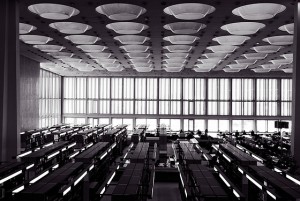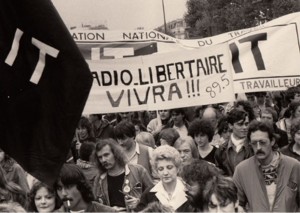XIV. Symposium zur Filmmusikforschung
Kieler Gesellschaft für Filmmusikforschung
in collaboration with Università di Pavia – Dipartimento di Musicologia e Beni Culturali (Cremona)
Cremona, 19-22 March 2019
Sound design, film music and music editing in general exert a primary function in conveying senses of space and place in audiovisual media. Strategies for connoting space and place in film sound and music vary with cinematic practices across history and according to transnational patterns of negotiation between global and local modes of production. At the same time audiovisual communication, when rich in local connotations, allows insights into specific socio-historical contexts and the documentation of human geographies. This conference aims to bring together scholars interested in mapping geographies of music and sound practices in audiovisual media (e.g. film, television, video games, interactive art). We invite fresh perspectives on film music and sound that are willing to embrace aspects ranging from individual approaches to space and place to collective geographies, also considering industrial trends and intermedia connections. Cultural, ethnographic, historical, analytical, data-driven and aesthetic approaches are welcome, as well as research on industrial and commercial practices.
Invited speakers:
- David J. Bodenhamer, Professor of History and Director of the Polis Center (Indiana University – Purdue University Indianapolis, USA)
- Kevin J. Donnelly, Professor of Film and Film Music (University of Southampton, UK)
Continue reading

